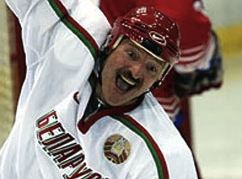Muay Thai in Belarus: Fighting and Winning – Belarus Photo Digest

Over the past 20 years, Belarusian teams have achieved tremendous success in kick boxing and Muay Thai boxing, becoming some of the strongest in the world.
Martial arts’ beginnings in Belarus go back to the late 1980s. During the Soviet era, some types of martial arts were banned for the general public. At that time the authorities worried that people would be able to resist the police and the KGB.
As a result, martial arts were reserved exclusively for soviet security forces and intelligence agents. This only increased the popularity of the sports, however, as practising kick boxing became viewed as a challenge to the system.
The first Belarusian club devoted exclusively to Muay Thai, “Chinook”, opened in 1992. Just four years later, one of its trainees, Dmitry Piasecki, won the world championship in Thai Ming. This was just the start of the Belarusian breakthrough in martial arts competitions.
Now the Belarusian Muay Thai team is among the most powerful in the world. It even once defeated the Thailand’s renowned athletes in a team event. Over the past 17 years, Belarus’s national team has always placed among the top three teams internationally.
Today, the country boasts of such famous athletes as Andrei Kulebin, Alexei Pyakarchyk, Dmitry Shakuta, Vasily Shish, Vital Hurkou, Alexey Ignashov , Alexander Ustinov and others.
A popular figure among some Belarusians is Vital Hurkou, multiple world champion. Vital’s fame has been earned not only through his achievements in sports, but by the fact that he speaks Belarusian and is interested in the history and culture of Belarus. After the break-up of the legendary band “Liapis Trubestkoy”, the group’s leader Siarhei Mikhalok founded a new group “BRUTTO”. Vital joined the new band as one of the vocalists.
Many Muay Thai clubs have a long history, first starting as small basement gyms. Belarus Digest’s photo correspondent visited one such club, “Gladiator,” located 60 km from Minsk in the village of Chysc.
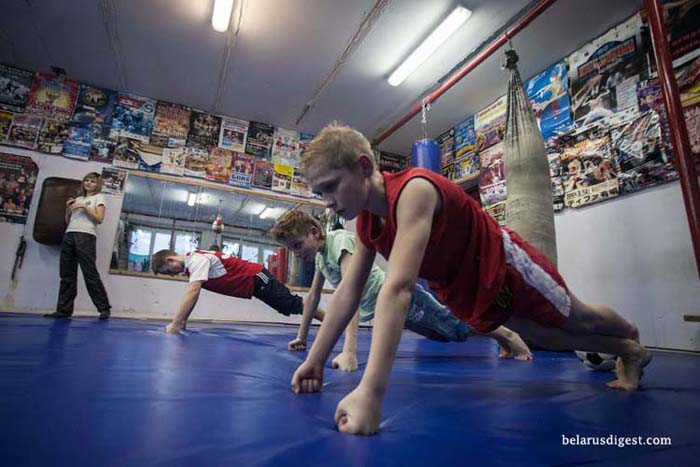
The club was founded by Michail Pantyukhov, a famous coach whose trainees include many Thai Ming champions.
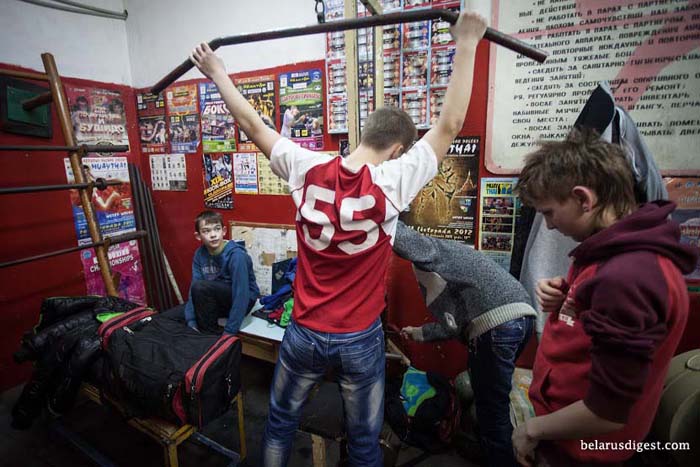
The club has changed location several times throughout its history, but has never stopped working. It trains its athletes on almost a daily basis.
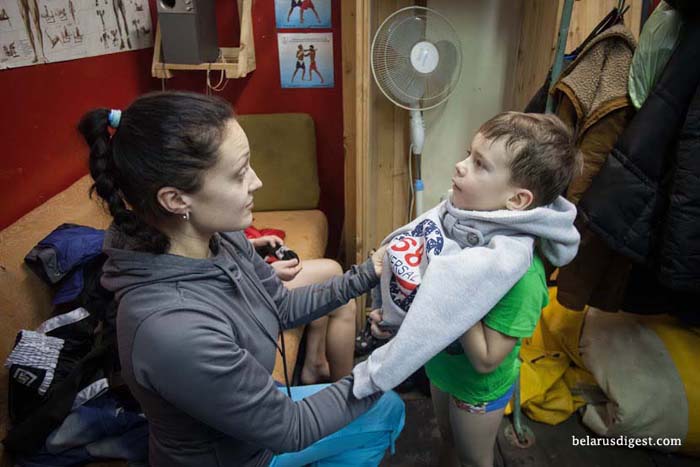
Trainees range from men under the age of 40 to 5-year-old boys and girls.
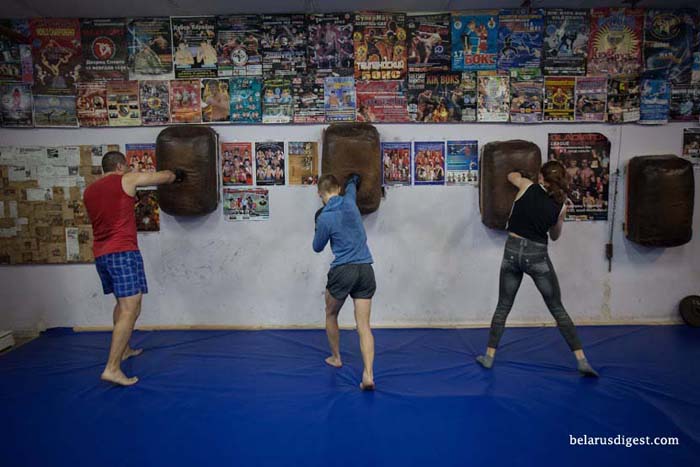
Even athletes from Minsk travel here, attracted by the high level of training and free admission.
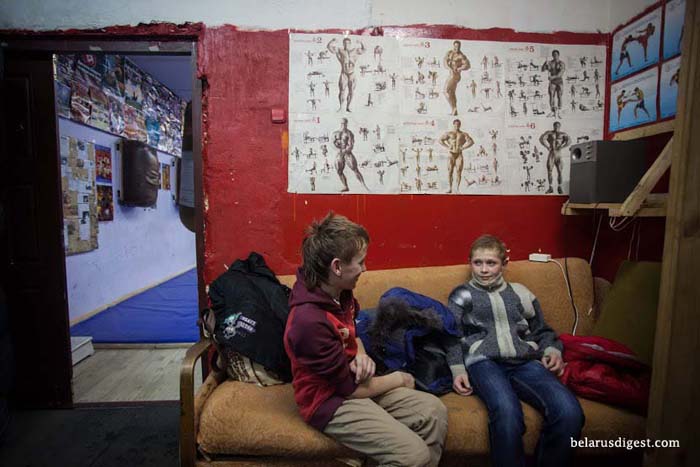
The club does not charge admission fees. By contrast, some of the best Minsk sports clubs charge membership fees of up to 35 USD per month. Few young people and students can afford to pay such fees.
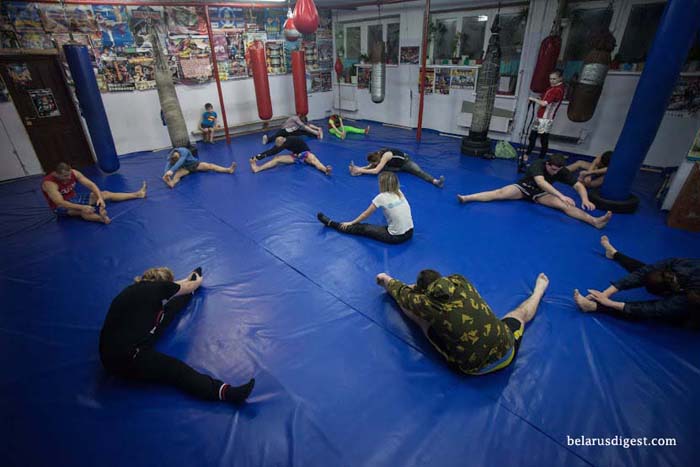 Belarusian athletes do not earn much, especially at the beginning of their careers. Boxing gloves alone cost $100, or about one fifth of the average Belarusian monthly salary.
Belarusian athletes do not earn much, especially at the beginning of their careers. Boxing gloves alone cost $100, or about one fifth of the average Belarusian monthly salary.
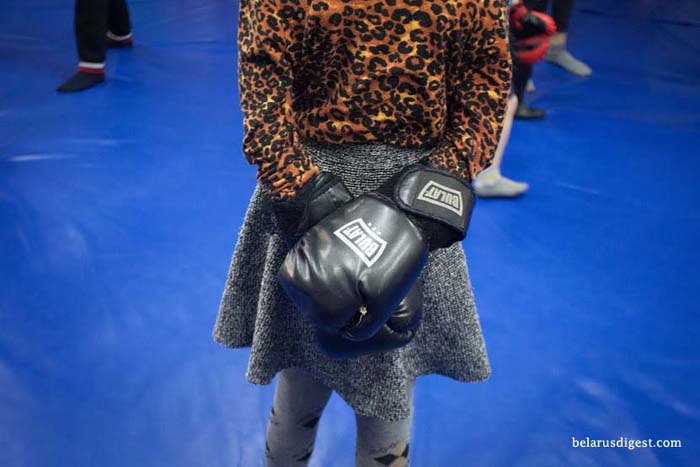
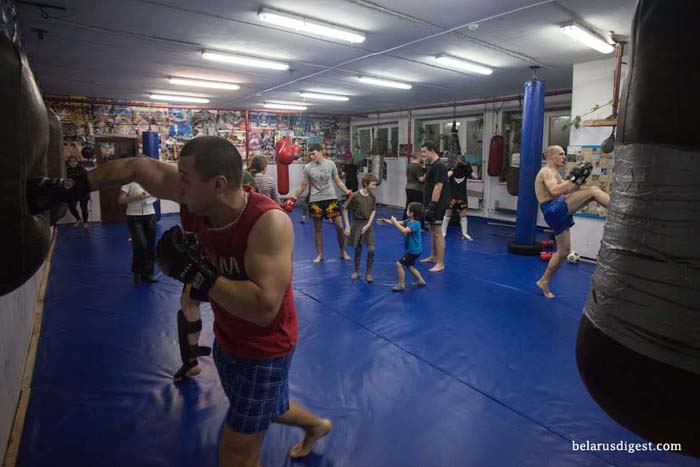
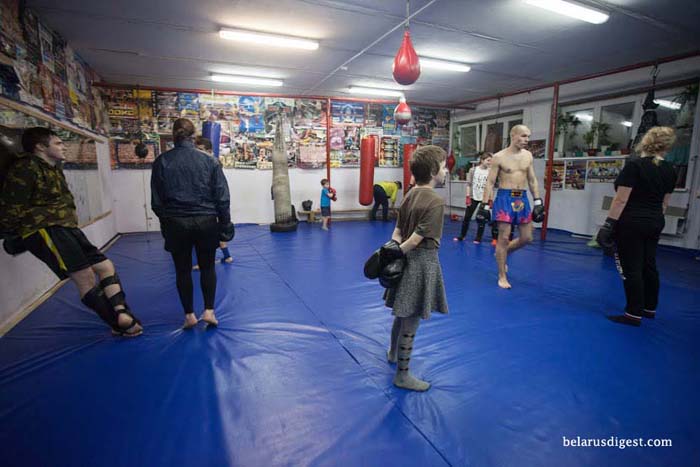
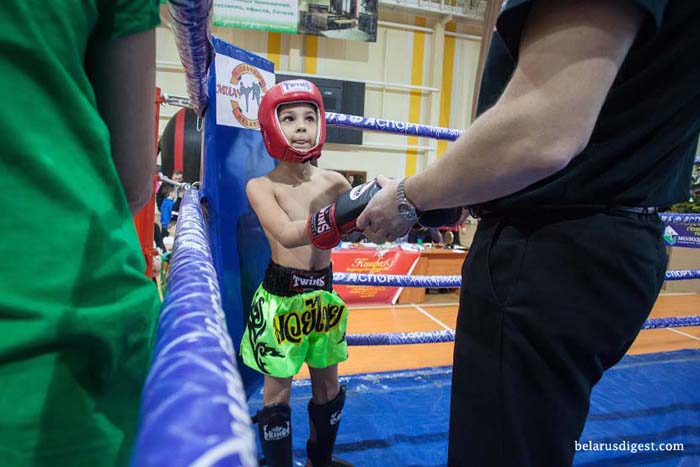
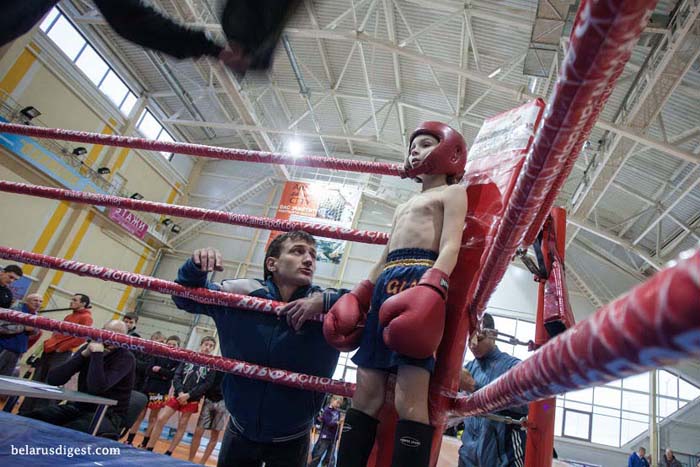
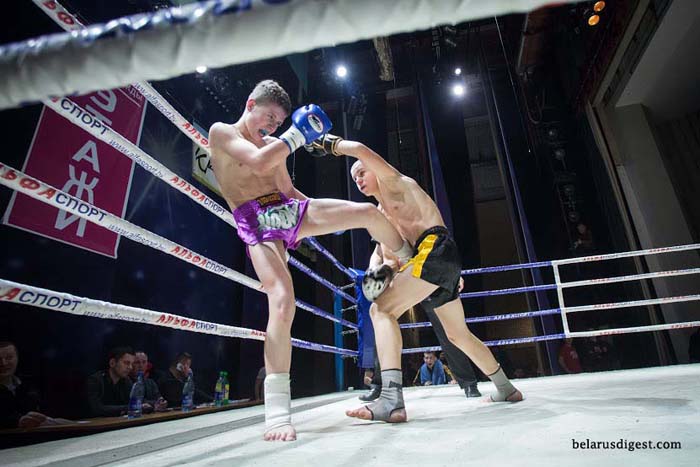
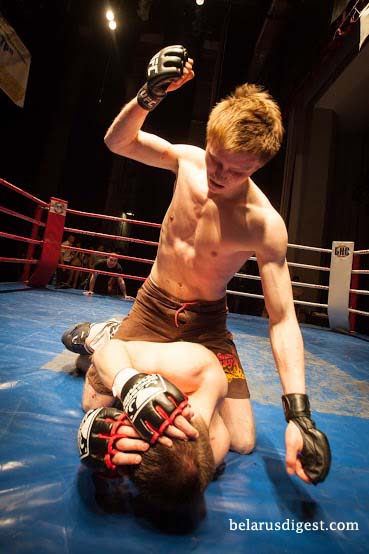
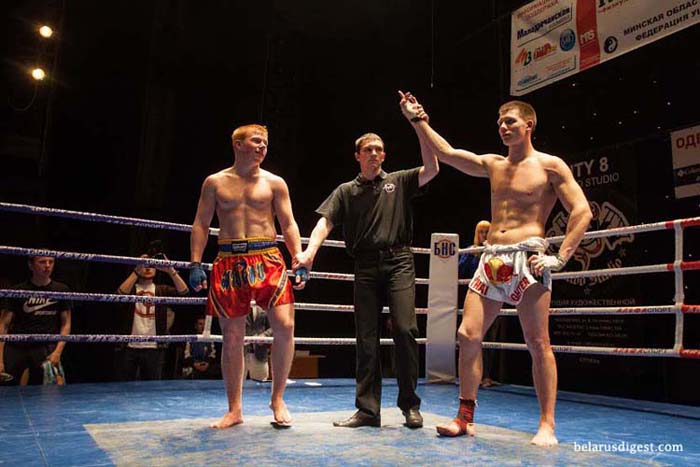
About the author: Siarhei Leskiec is a freelance photographer whose work focuses on everyday life, folk traditions, and rituals in the Belarusian countryside. Originally from Maladzeczna region, he received a history degree from Belarusian State Pedagogical University.



